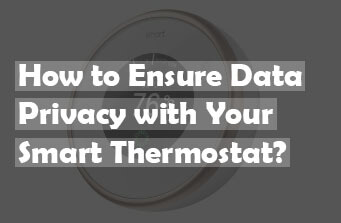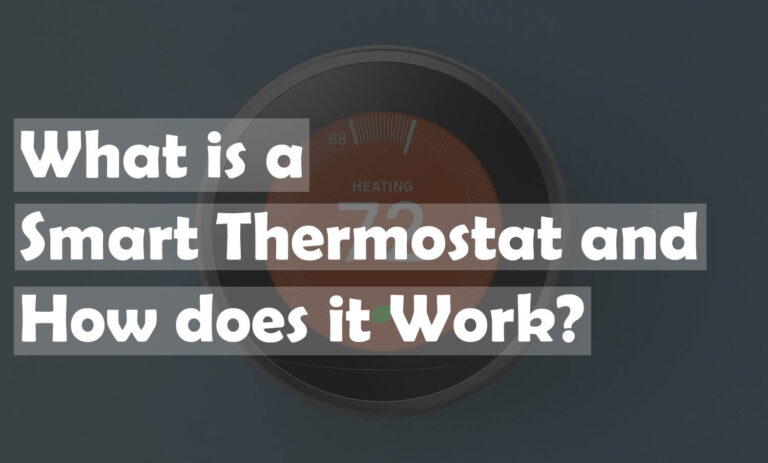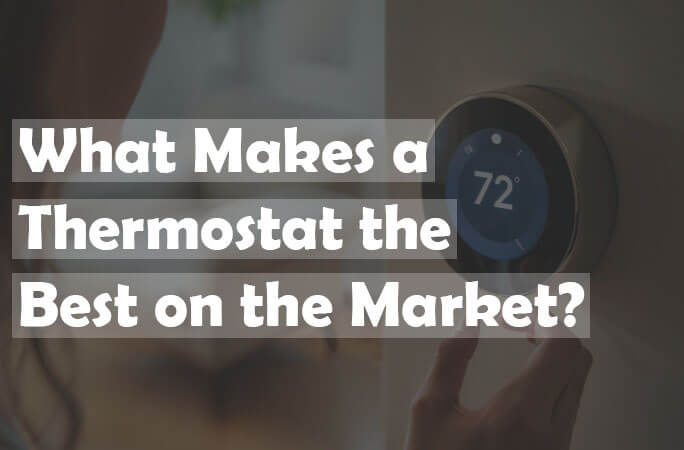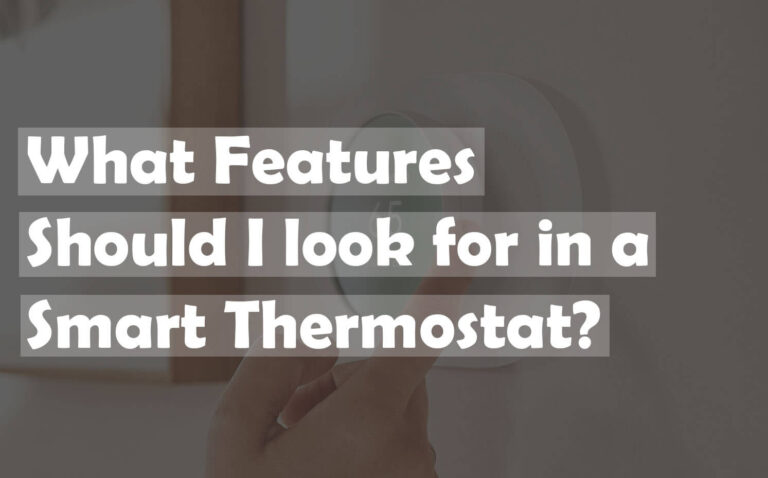Can Smart Thermostats Be Controlled Remotely?
Smart thermostats have become increasingly popular in modern homes. They offer convenience and efficiency by learning your routine. But the biggest question remains: can smart thermostats be controlled remotely? This article explores this question, providing insights into how this technology integrates into our daily lives.
What Are Smart Thermostats?
Before diving into remote control capabilities, it’s essential to understand what smart thermostats are. They are advanced versions of traditional thermostats, equipped with internet connectivity. This means they can connect to your home’s Wi-Fi network. Smart thermostats have numerous features, from energy-saving functions to learning algorithms.
Connectivity and Remote Access
One of the standout features of smart thermostats is their connectivity. By connecting to the internet, smart thermostats can communicate with other devices. This communication enables users to control them from virtually anywhere. Whether you are at work or on vacation, maintaining your home’s temperature is just a click away.
The Role of Smartphone Apps
Smart thermostats come with companion apps. These apps are available on both iOS and Android devices. They serve as a remote control, allowing you to adjust settings from your smartphone. Simply download the app, log into your account, and access your thermostat’s controls. It’s convenient and extends control beyond the physical device installed at home.
Transitioning to Remote Control
Transitioning to a smart thermostat means adapting to remote control capabilities. Most users find this transition seamless. The technology is user-friendly and designed for everyday people. Manufacturers focus on ease of use, ensuring that even the least tech-savvy can operate their devices with ease.
Check also – Best Smart Thermostats Reviews
Security Concerns
However, remote access raises security concerns. Since smart thermostats are connected to the internet, they could be potential hacking targets. But manufacturers have implemented robust security measures. Encryption and secure logins are standard, protecting your device from unauthorized access. Users should also take steps, like setting strong passwords and enabling two-factor authentication.
Advantages of Remote Control
Controlling your thermostat remotely offers numerous benefits. First, it provides flexibility. If you leave home unexpectedly, you can turn off your heater or air conditioner, saving energy. Secondly, remote access allows for better energy management. You can monitor and adjust your usage, leading to potential cost savings on utility bills.
Case Studies and Testimonials
Many users attest to the convenience and benefits of remote control features. Jane, a homeowner, states that her smart thermostat saves her $30 a month. She appreciates the ability to adjust temperatures as her schedule changes. Her personal experience mirrors that of many smart thermostat users worldwide.
Integration with Smart Home Systems
Smart thermostats do not operate in isolation. They integrate with other smart home systems. Devices like Amazon Alexa or Google Assistant can control them via voice commands. This integration enhances the appeal of smart thermostats, offering a cohesive smart home experience.
Check also – Best Thermostats for Heat Pump Reviews
Compatibility and Installation
Before purchasing, ensure device compatibility with your current HVAC system. Most modern systems are compatible with smart thermostats. Installation is straightforward, often requiring basic DIY skills. However, professional installation services are available for those who prefer expert handling.
Potential Limitations
While the benefits are numerous, there are limitations. Not all homes have Wi-Fi networks strong enough for connectivity. Some users report connectivity issues, particularly in multi-story buildings. Moreover, while the technology is advancing, smart thermostats might not yet support all HVAC brands.
Conclusion
Smart thermostats can indeed be controlled remotely. This technology represents a significant leap from traditional thermostats. With ongoing advancements, it promises even more features in the future. As you consider upgrading, weigh the benefits and potential challenges. But the promise of energy efficiency and convenience might just outweigh any drawbacks.






